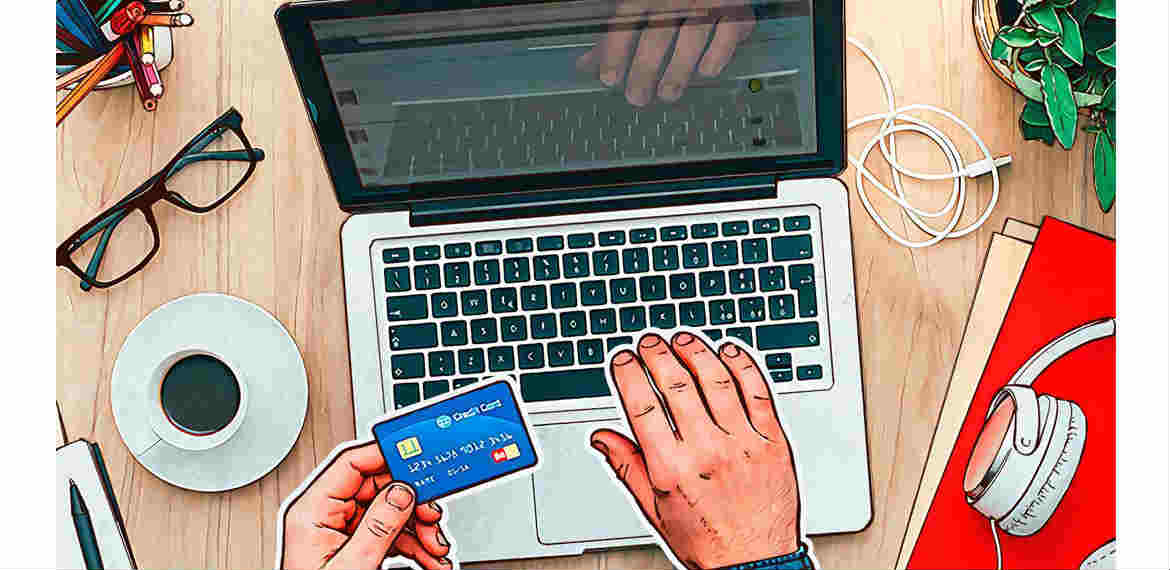Digital payments and online banking are gaining traction in the Philippines as revealed by the Kaspersky Cybersecurity Index. The research by Kaspersky Lab done during the second half of 2016 revealed a great majority of Filipinos use the internet for online shopping (90%), for accessing online payment systems and digital wallets (89%), and for online banking (74%).
Based on an online survey of thousands of internet users around the world, the index represents the adult online population according to age and gender in every country of the study. During last year’s second half, the global cybersecurity company surveyed 17,337 internet users from 28 countries around the world including 491 netizens from the Philippines.
A recent study from the digital payment company PayPal also attested that the Philippines is well on its way in achieving a cashless economy as 25% of the surveyed Filipinos are now choosing to transact through the internet. The Alibaba founder and tech giant billionaire Jack Ma even called out for investors to make the country a cashless society during his recent visit to the Philippines.
But aside from infrastructure and internet-related hurdles currently hindering the achievement of a fully cashless economy, are Filipino consumers ready for the cybersecurity risks that will come with the bumpy road of transacting money online?
Citing the same Kaspersky Lab report, Kaspersky Lab Southeast Asia’s General Manager Sylvia Ng highlighted Filipinos’ lack of concern towards their online security and the real threats of cyberattacks.
“Data from our very own Kaspersky Cybersecurity Index for the second half of 2016 showed that more than half or 52% of Filipinos are still unconcerned about their online security. Filipinos still do not believe that they can become targets of cybercrimes which is completely false. In fact, 52% of the respondents of the same survey also admitted to being hacked or infected with malware last year,” says Ng.
“Before Filipinos dive headfirst into the convenience of digital financial transactions, they should remember that cybercriminals are almost always after money. Having your cash available online is like placing a bait to entice them more. It is a must to be aware of the risks and to possess the proper protections to combat the dangers that will come along the road towards becoming a cashless society,” she continues.
As the country goes full speed towards a cashless economy, Kaspersky Lab would like to suggest the following safety tips that Filipino consumers should consider to prevent hackers from emptying their digital coffers:
● Don’t assume links are genuine
When you need to visit an online bank, a retailer or a payment website, you should manually type in the URL — instead of clicking on a link. Do not visit websites by clicking on:
○ Links in emails
○ Messages on social network sites
○ Messages in chat rooms
○ Banner ads that are on suspicious websites
○ Links sent to you by people you do not know
● Beware of fake communications
Most financial organisations will never send emails asking customers to:
○ Send personal data in an email
○ Visit their site for authorisation
○ Enter personal data in pop-up windows
CLICK FOR MORE PHOTOS…











